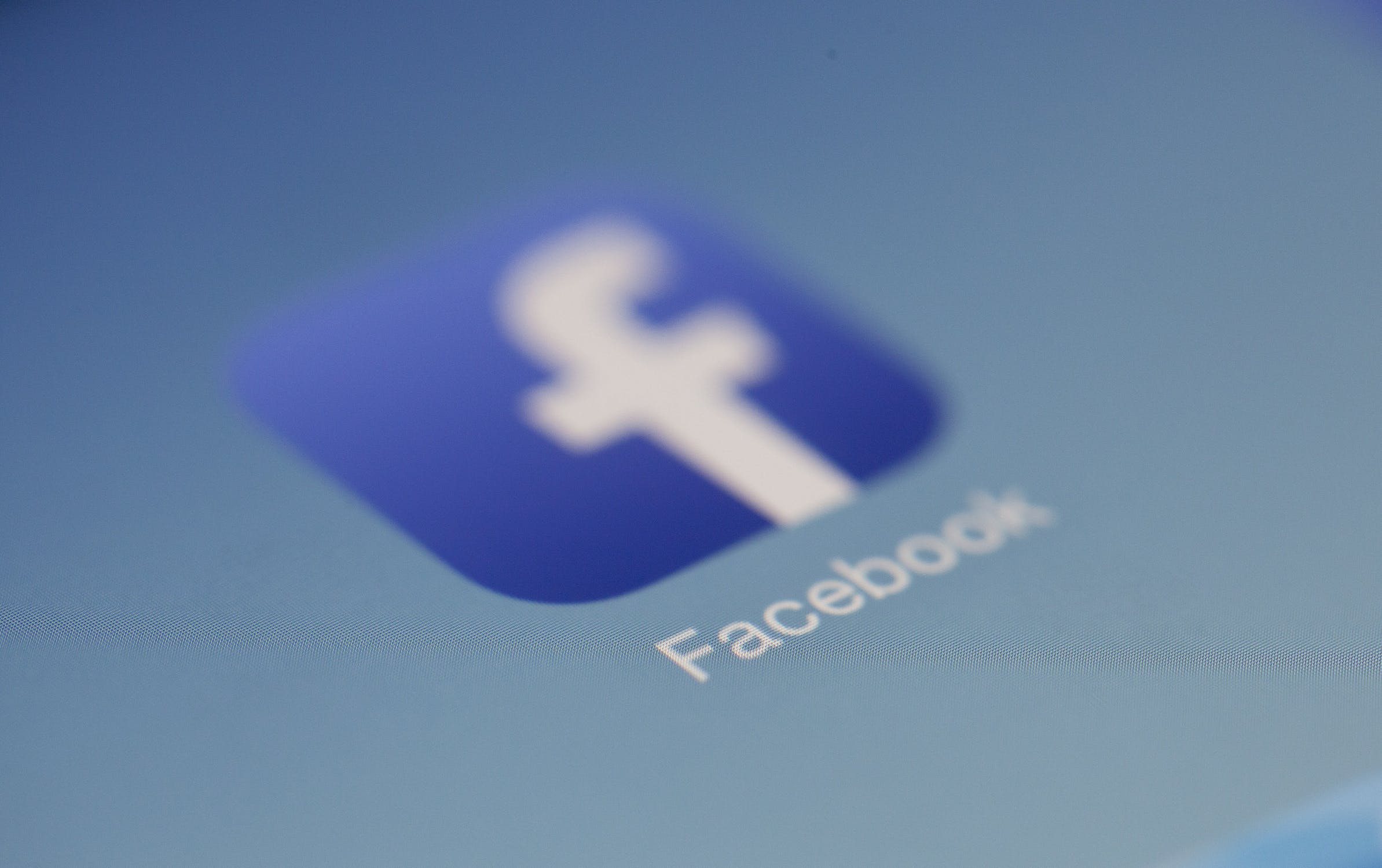Facebook’s stablecoin, Libra, allows people to shop and send money to others for nearly zero transaction fees.
A person buys or cashes out the cryptocurrency online or a local exchange points, like convenience stores, while under a pseudonym of the individual’s choosing. Purchases can be made through Facebook’s Calibra wallet, which will be built into Messenger and WhatsApp, or other third party wallets.
The Long-Term Goals of Libra
Facebook wants Libra to evolve from PayPal, making it the easier-to-set-up, omnipresent, more accessible, more efficient payment method with fewer fees. Also, it would be the ultimate way to reach those not served or underserved when it comes to banking accessibility.
Any consumer, developer, or business will have access to the Libra network. Facebook claims this type of open access promises low barriers to entry and innovation and encourages healthy competition.
Will Libra Be Trustworthy?
Some already are griping about why they should trust a company, that has a shoddy track record when it comes to security and privacy. Facebook knew this may be a sticking point for users, so its subsidiary, Calibra, handles the cryptocurrency and keeps social data separate from transaction data.
Additionally, all founders will earn interest on the money users cash in that is held in reserve to limit the volatility of Libra. Volatility of other cryptocurrencies has hindered worldwide use.
When Libra launches in early 2020, it will be controlled by Facebook by up to 100 founding members. This boosts its security because Facebook and every other member gets just one vote each, making it impossible for any one of them to take control of the digital money and how its governed.
Additionally, to calm privacy fears, Facebook open-sourced Libra’s blockchain and in pretest, it’s offering a prototype prior to launch. This steps allows Facebook to find any vulnerabilities before Libra goes live and connected with real digital dollars.
More About the Founding Members
Each founding member paid a minimum of $10 million to join and they are entitled to a share, which is equal to their investments, of the dividends from interest earned on the Libra reserve put up by users.
The founders consists of credit card schemes, tech companies, telecommunication companies, venture capital firms, and multi-lateral organizations and nonprofits. Some of the founders include:
- Visa
- PayPal
- Stripe
- Spotify
- Lyft
- Uber
- eBay
- Vodafone Group
- Bison Trails
- Coinbase, Inc.
- Andreessen Horowitz
- Breakthrough Initiatives
- Ribbit Capital
- Thrive Capital
- Union Square Ventures
- Kiva
- Mercy Corps
- Women’s World Banking
What’s unique about Calibra is that it’s a custodial wallet, which means it will refund a person if his Libra are stolen, and it will offer customer support via chat all day, every day in case a person gets locked out of their account. Nevertheless, Libra’s blockchain isn’t irreversible. People who don’t use Calibra cannot get stolen money back and most other wallets don’t offer support if there is a problem.
In Conclusion
Though some retailers have begun to accept digital currency, only a small percentage of the community has embraced this type of payment method. However, blockchains, like the one being unveiled by Facebook, allow people to get help and have funds returned to them, which may drum up a lot more interest. As more entities venture into the cryptocurrency sphere, expect merchants and consumers to follow.
Apply for Merchant Account Services
Businesses who need cryptocurrency merchant accounts should apply to eMerchantBroker.com. EMB offers a simple, streamlined application process. Apply online today.


